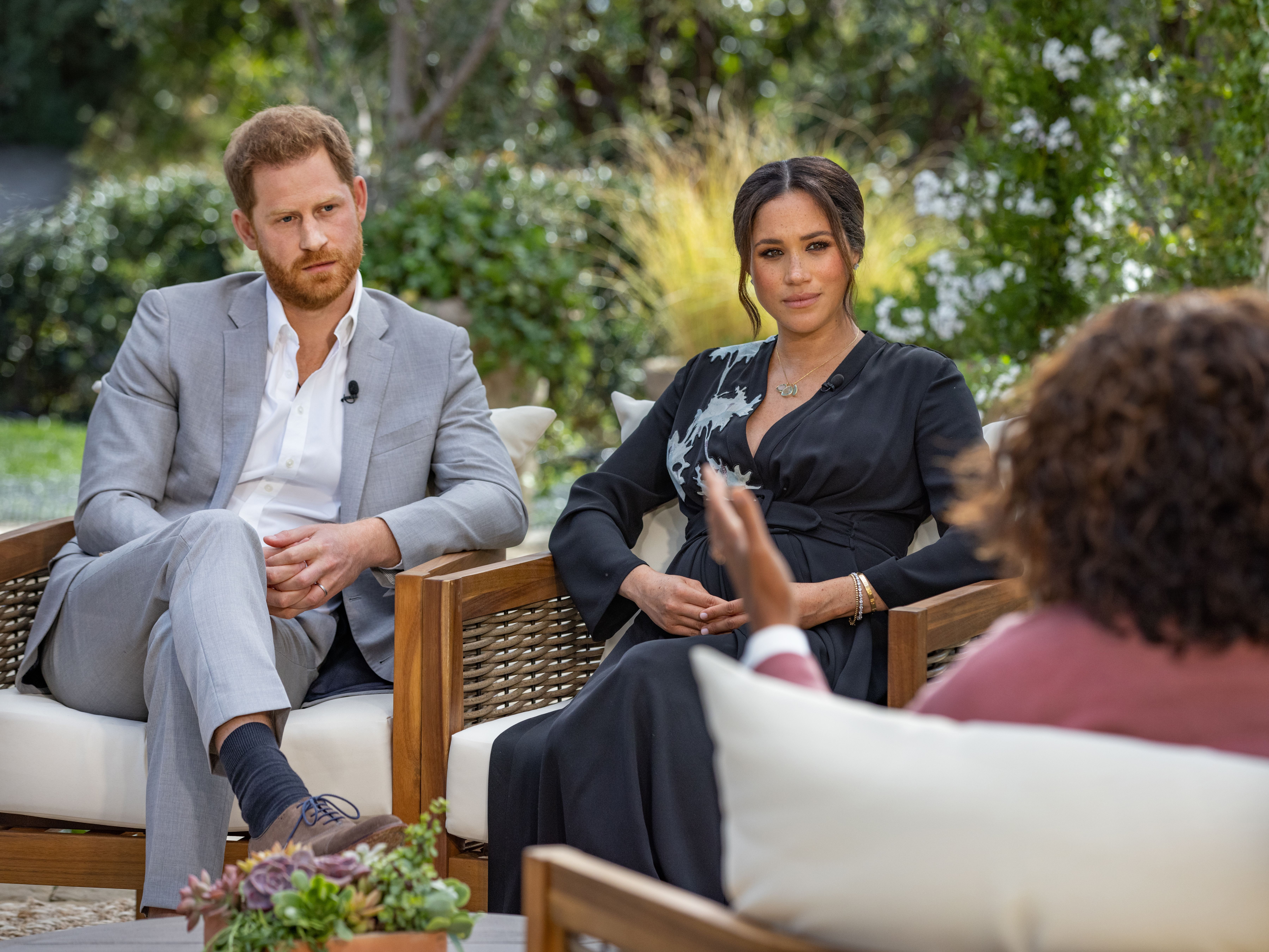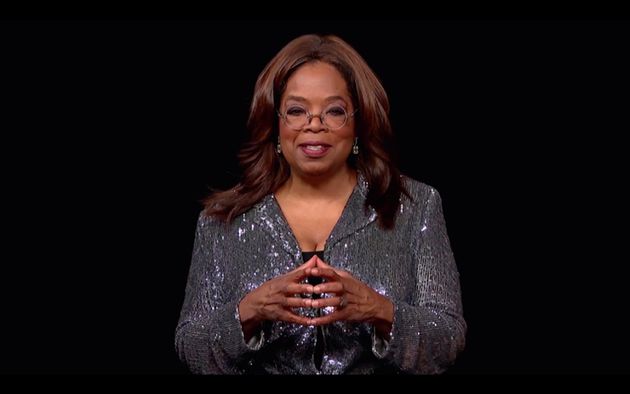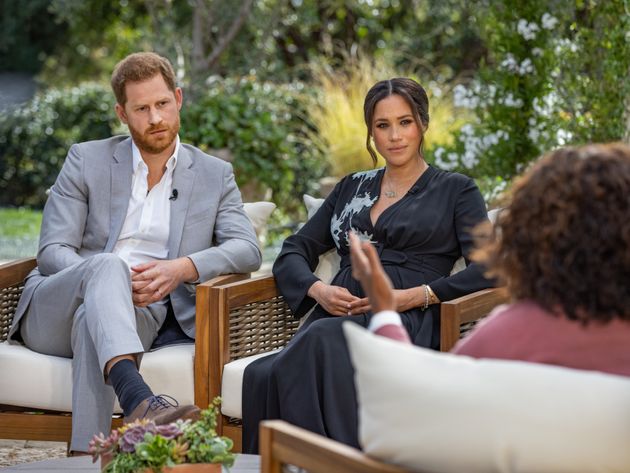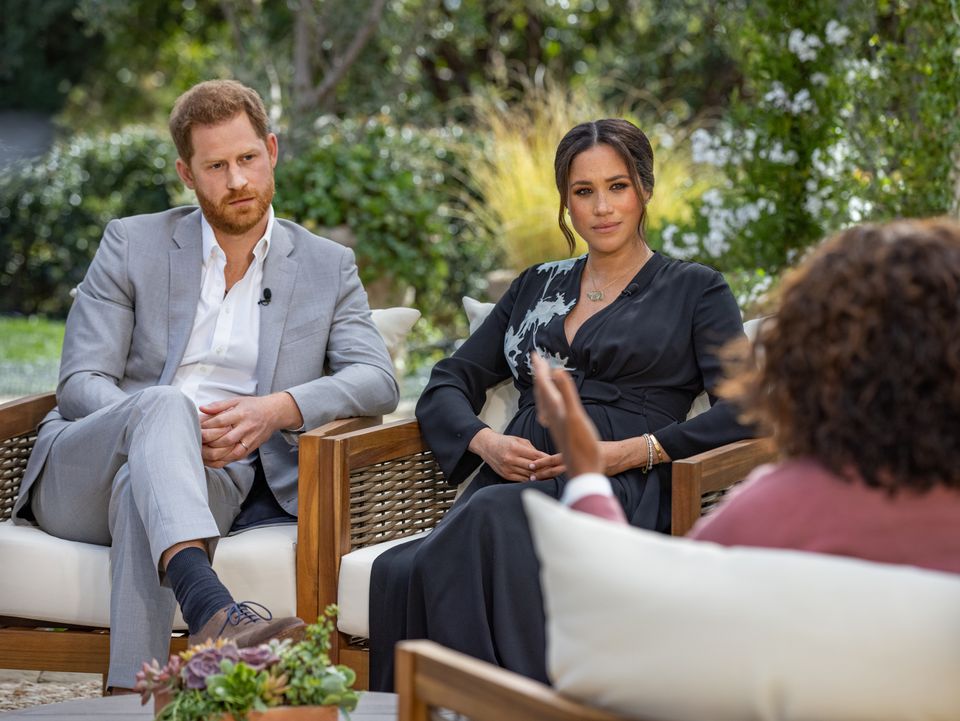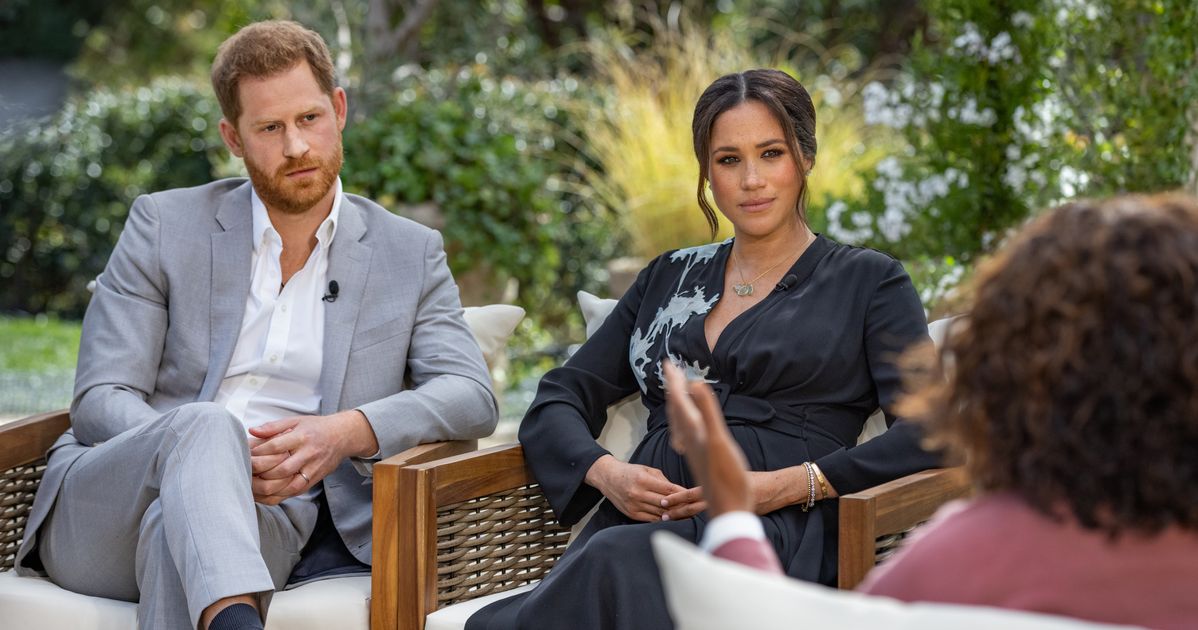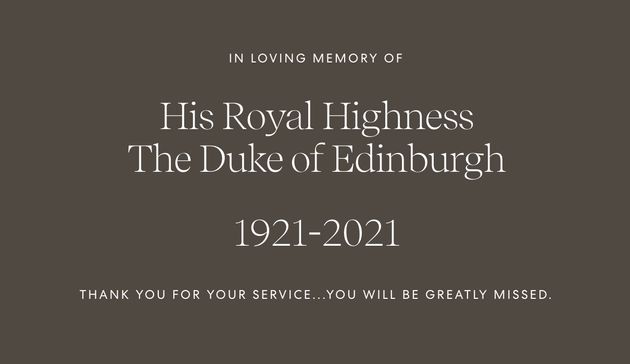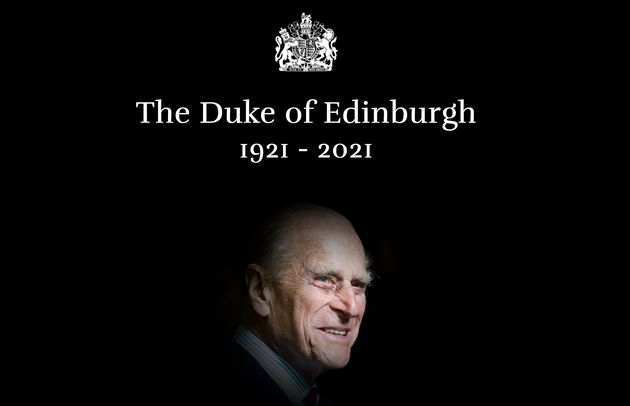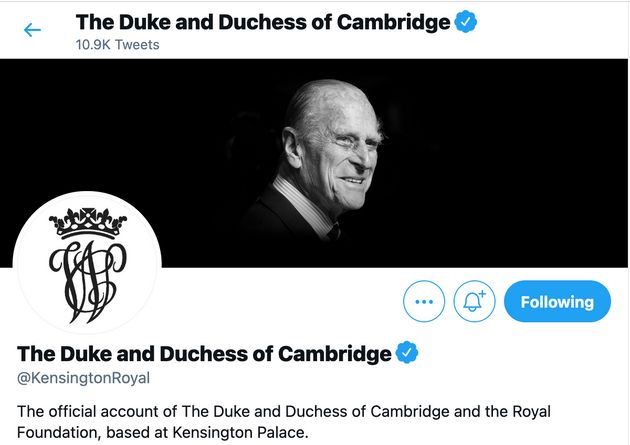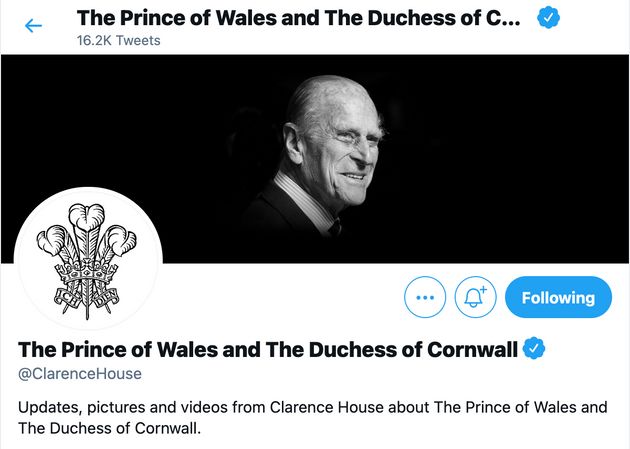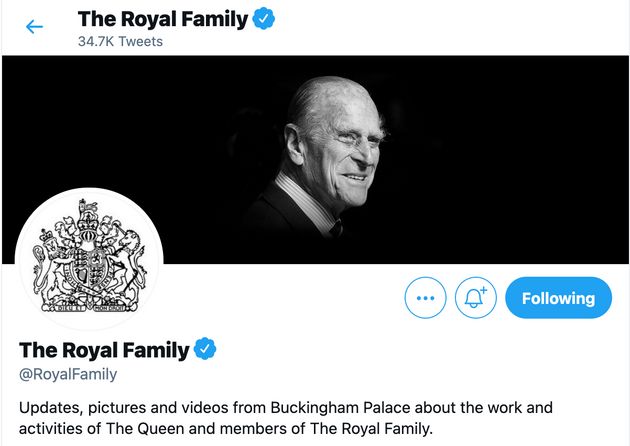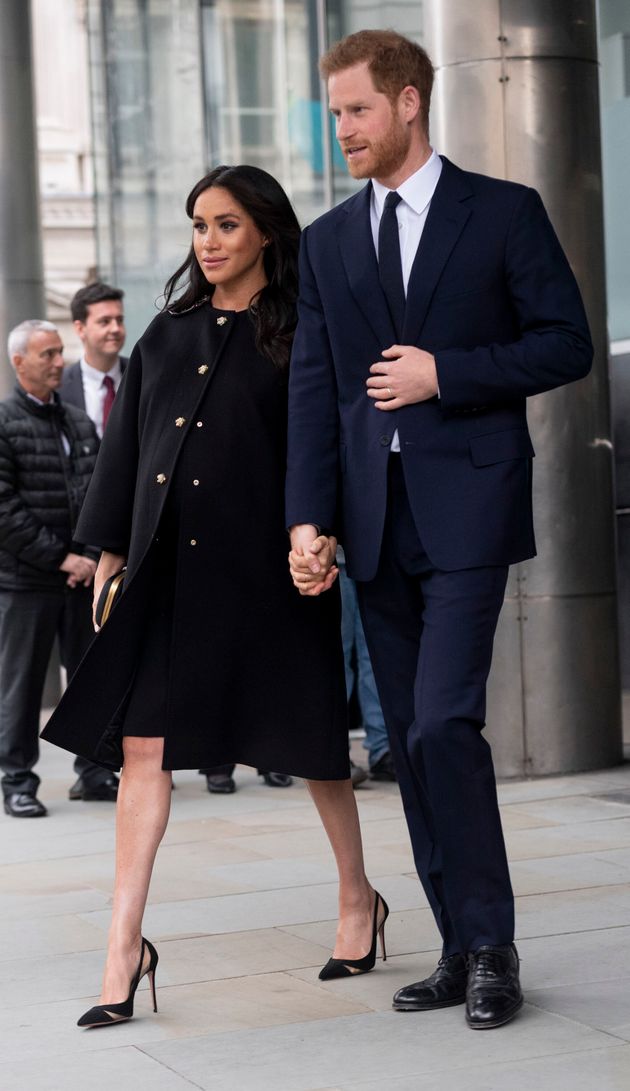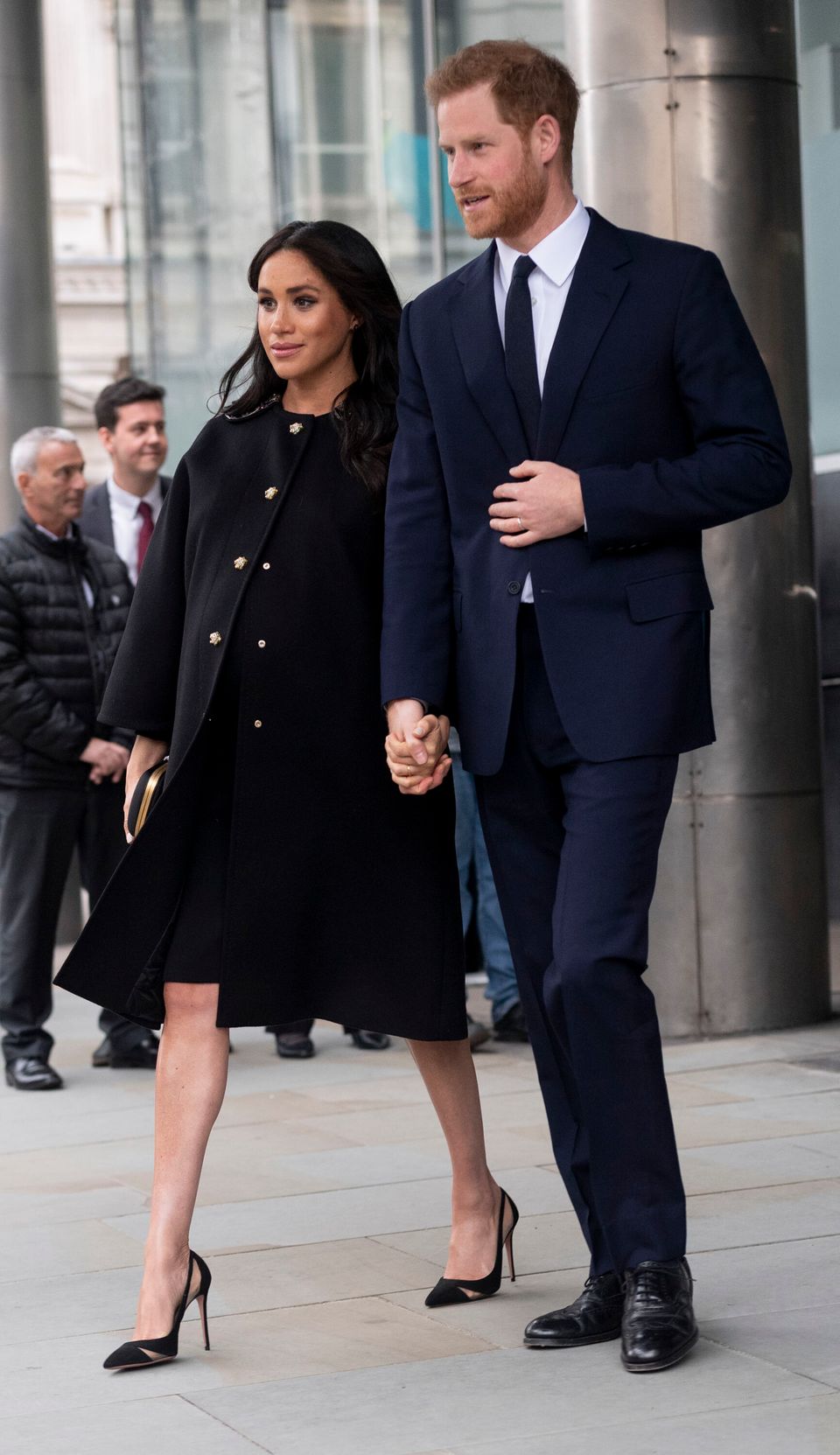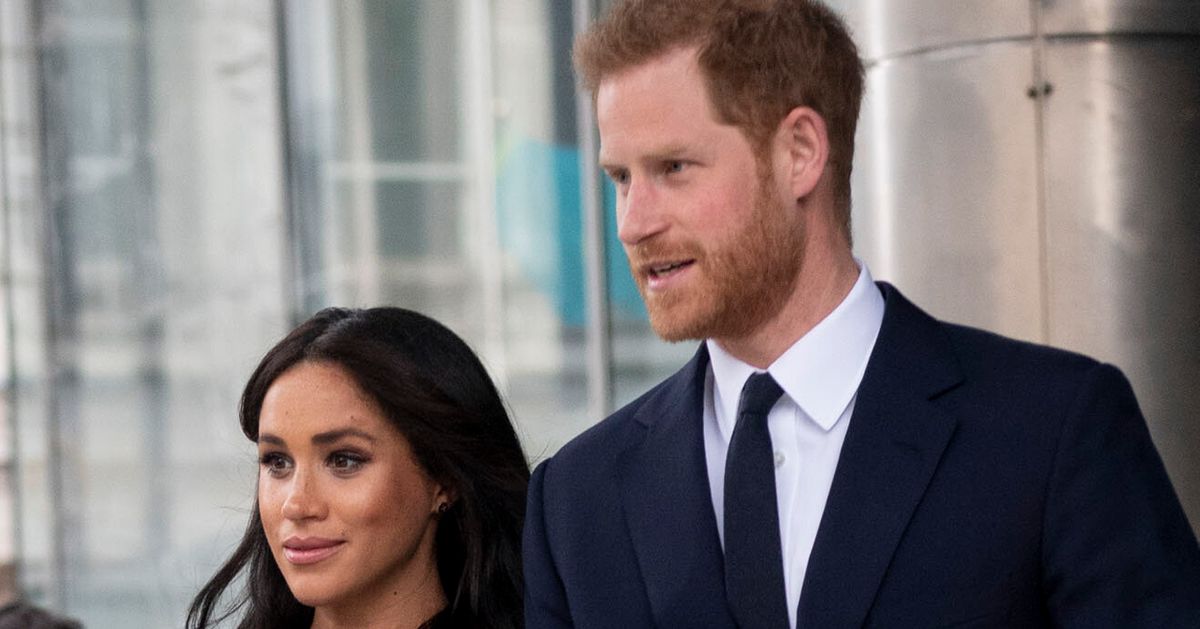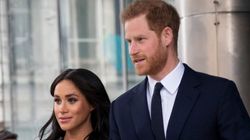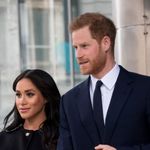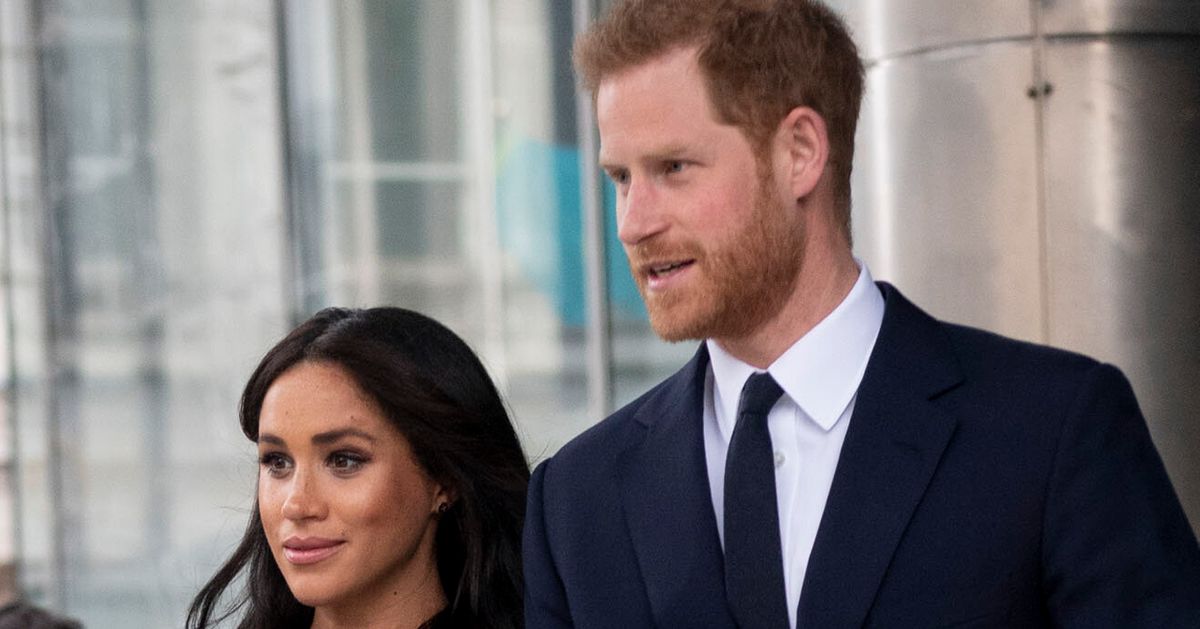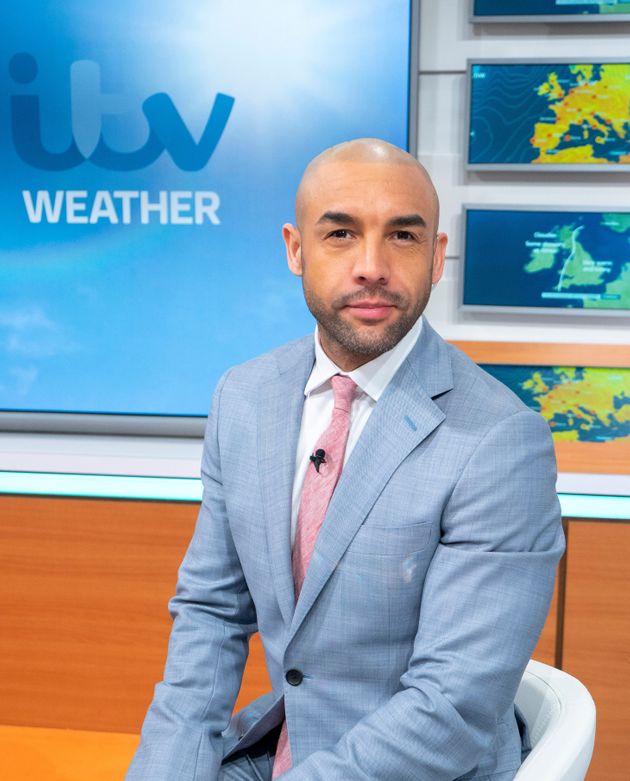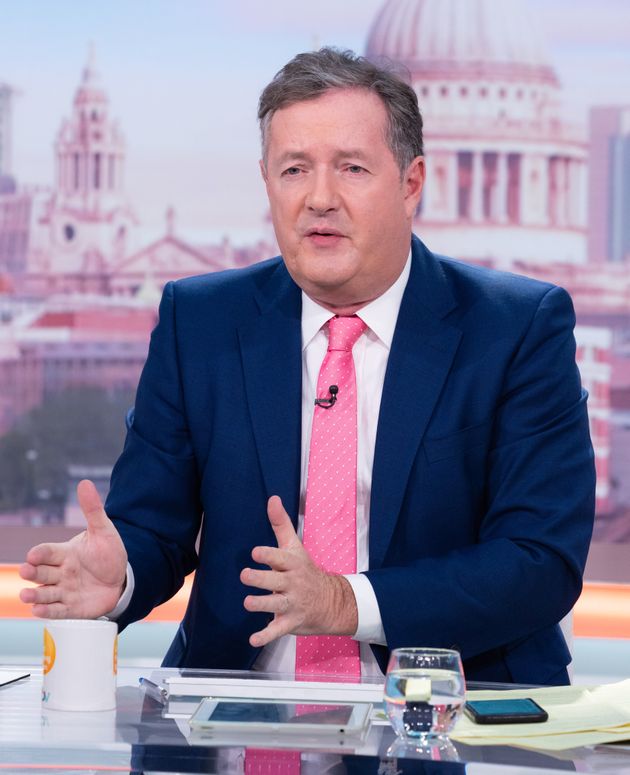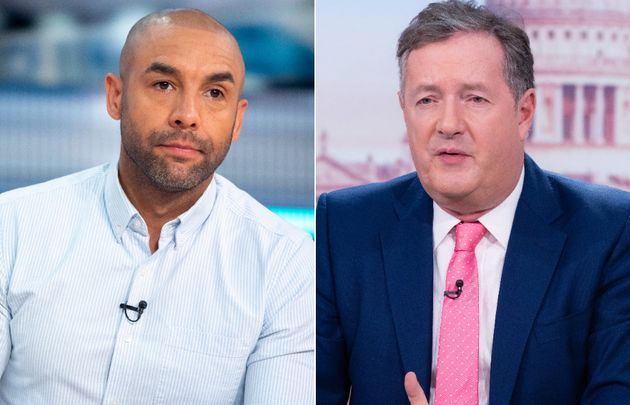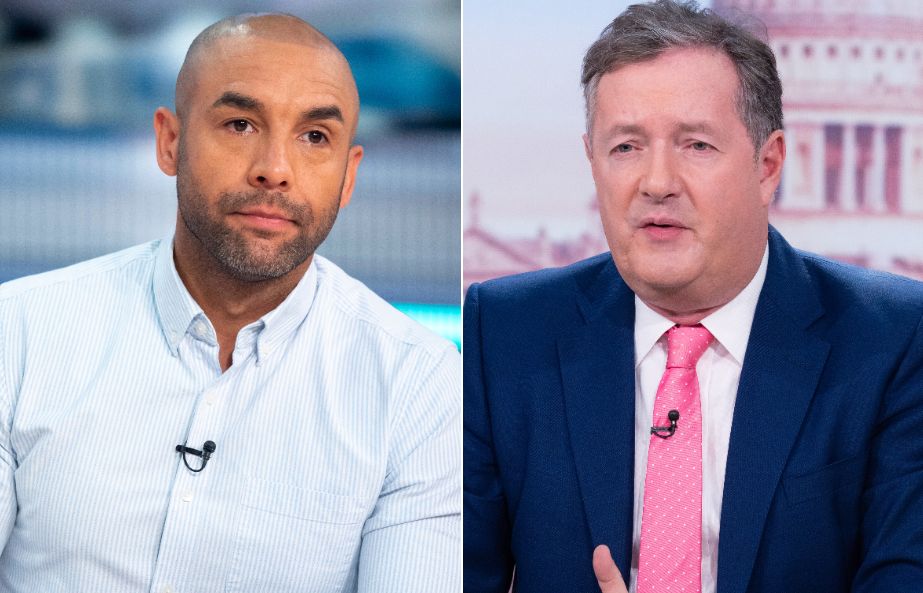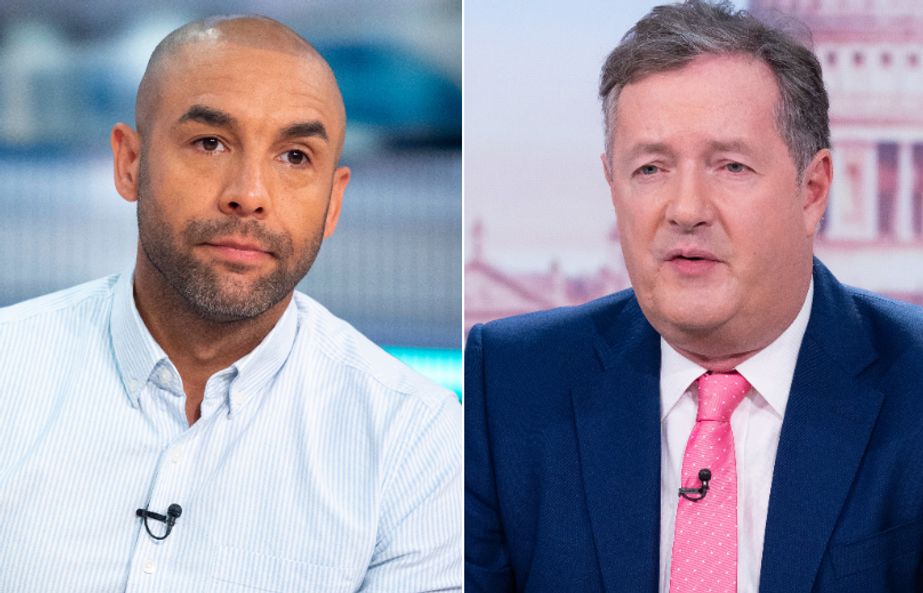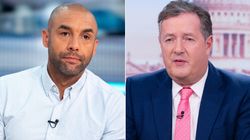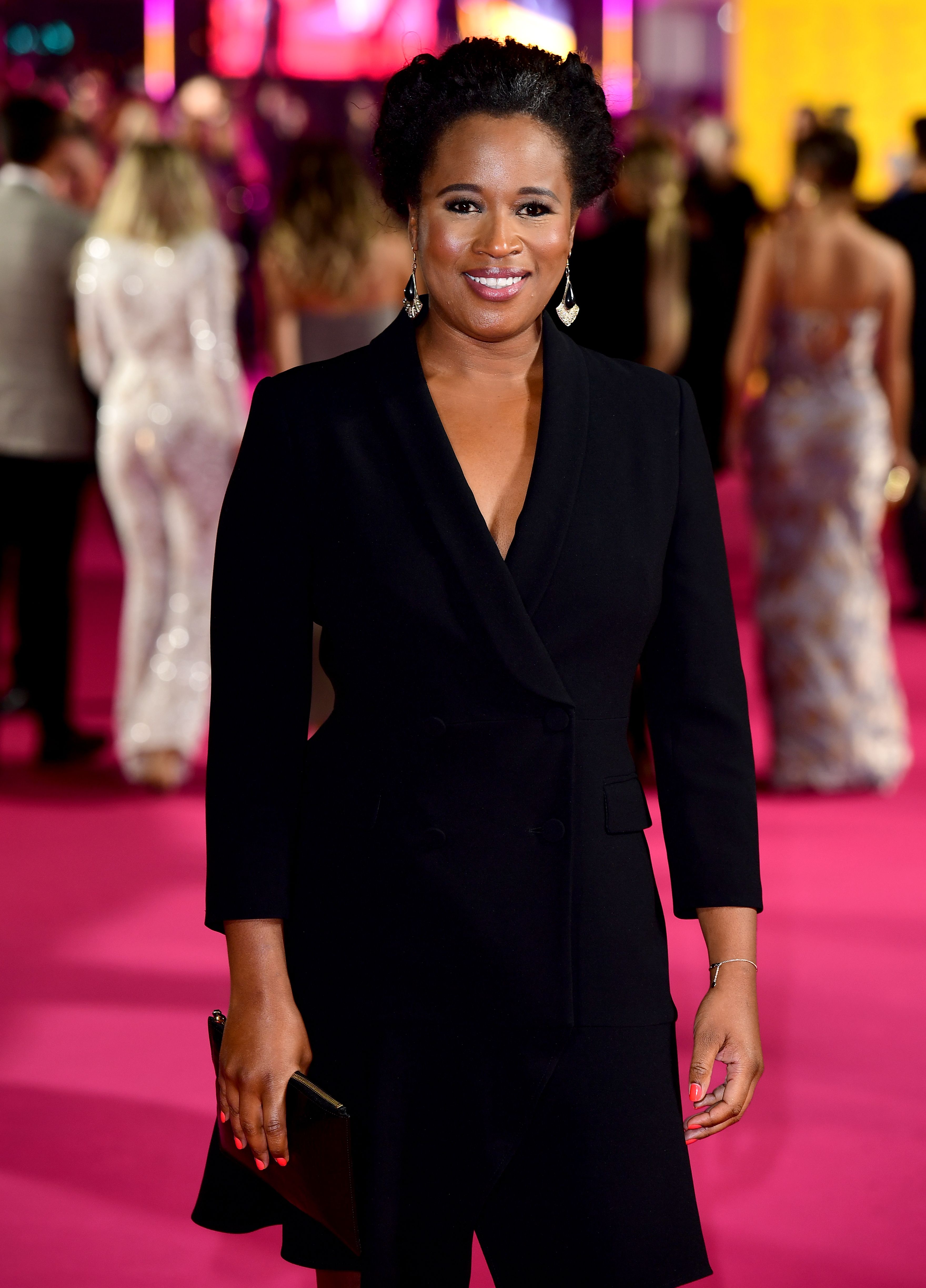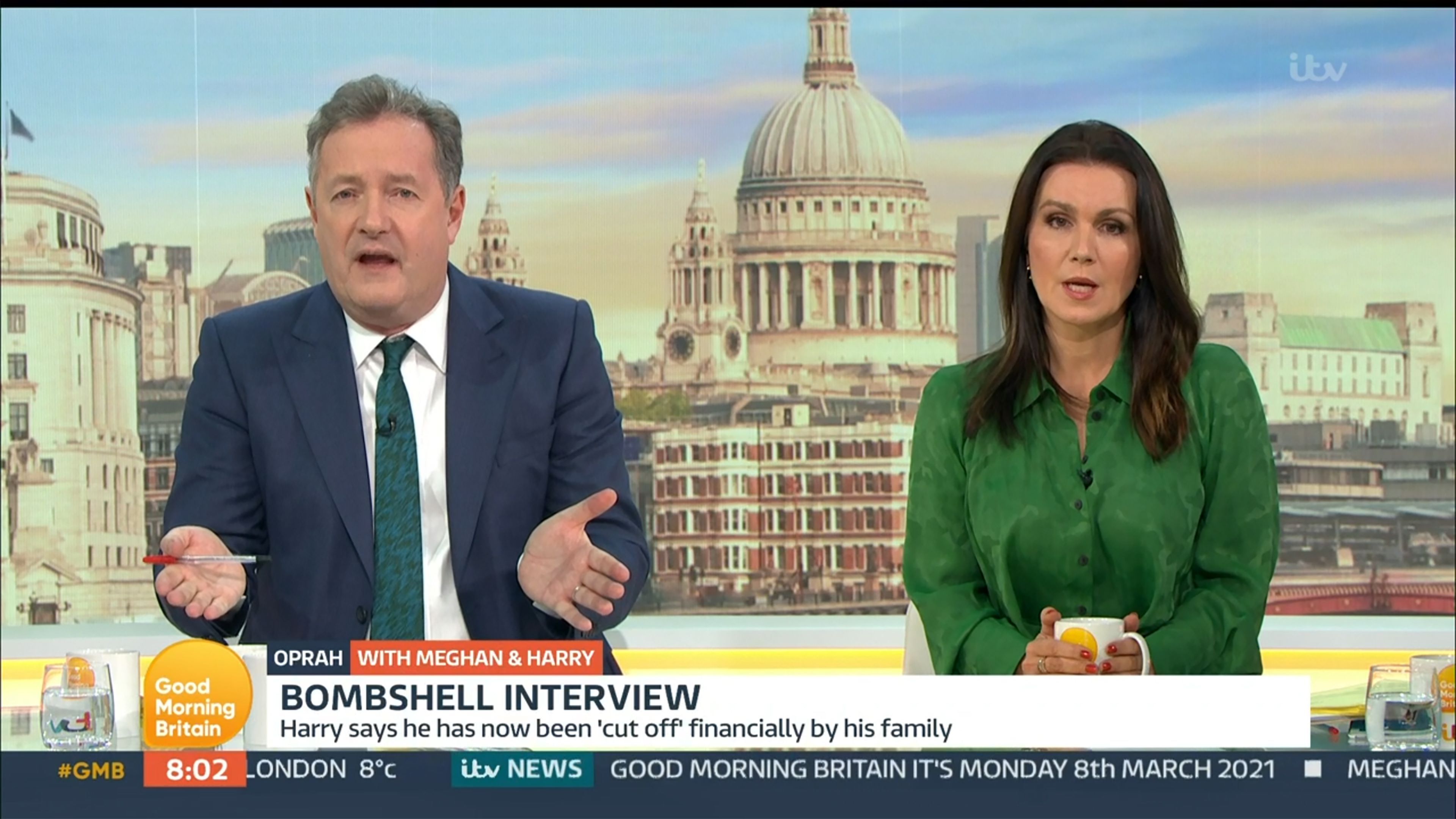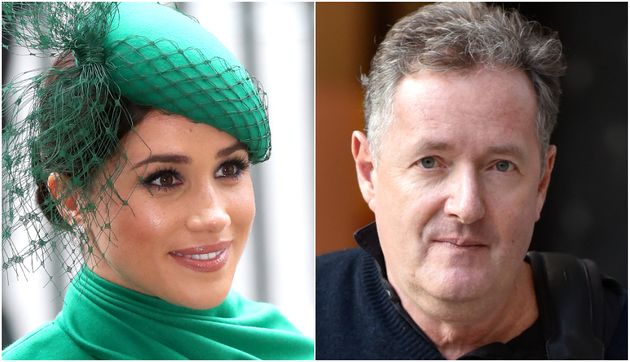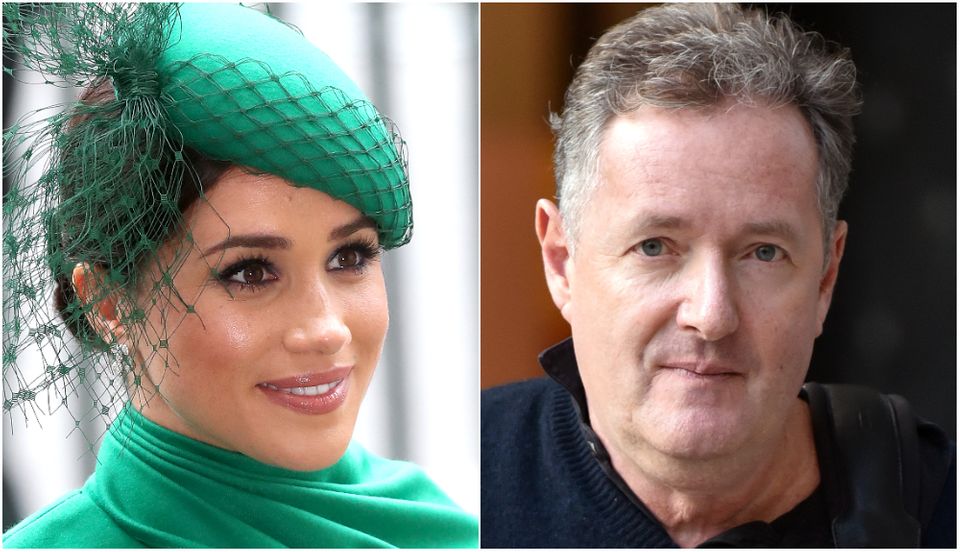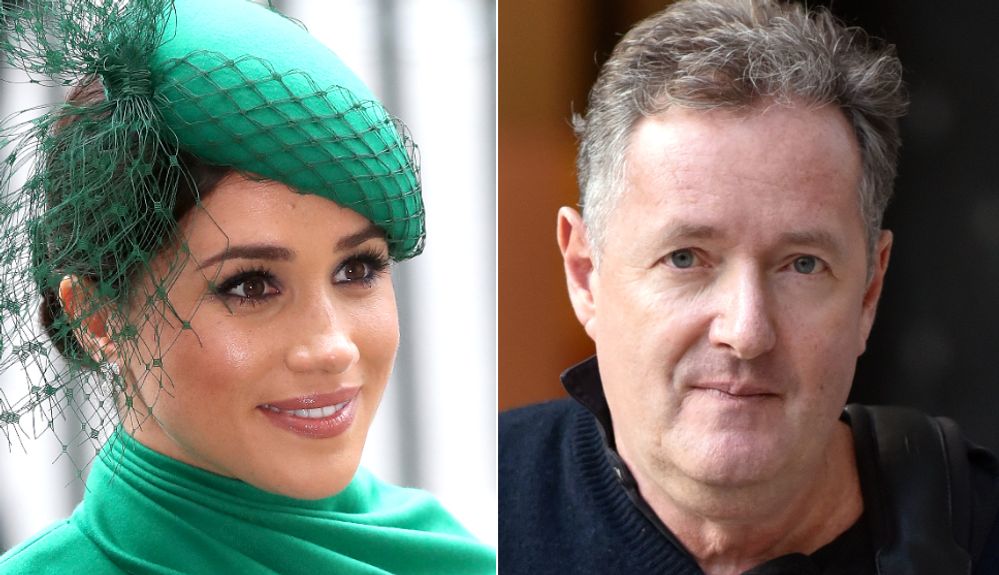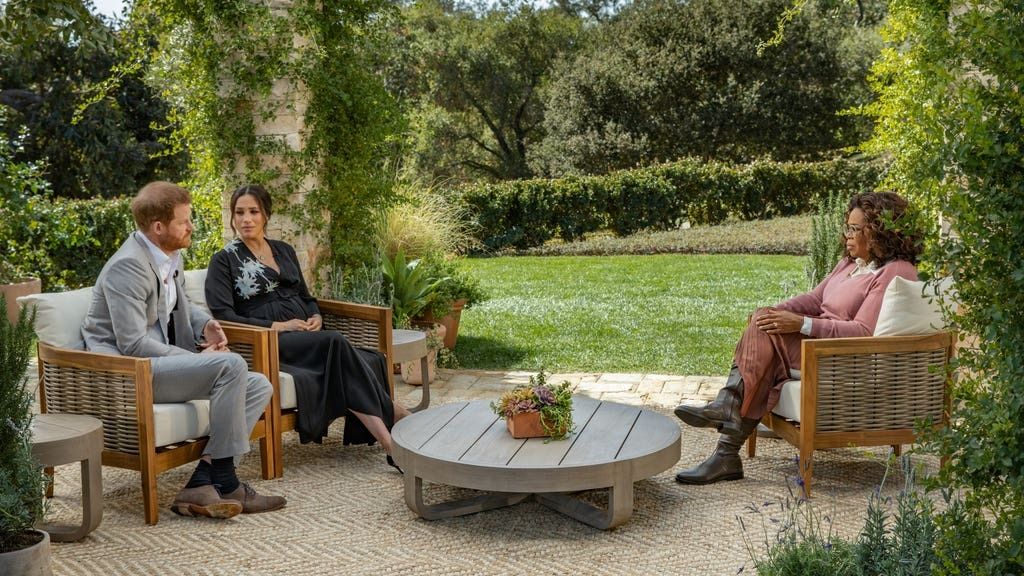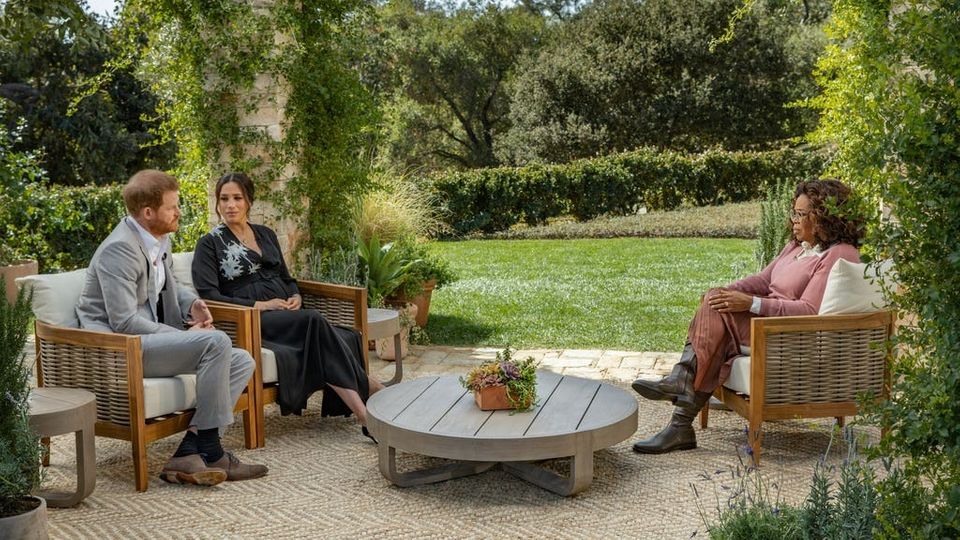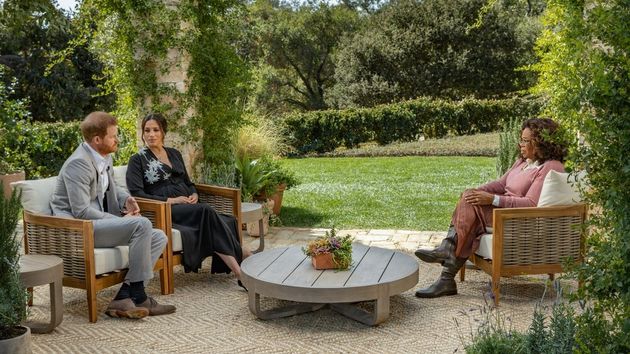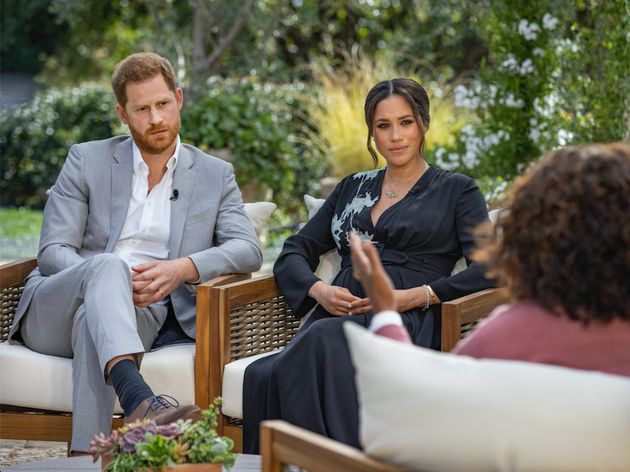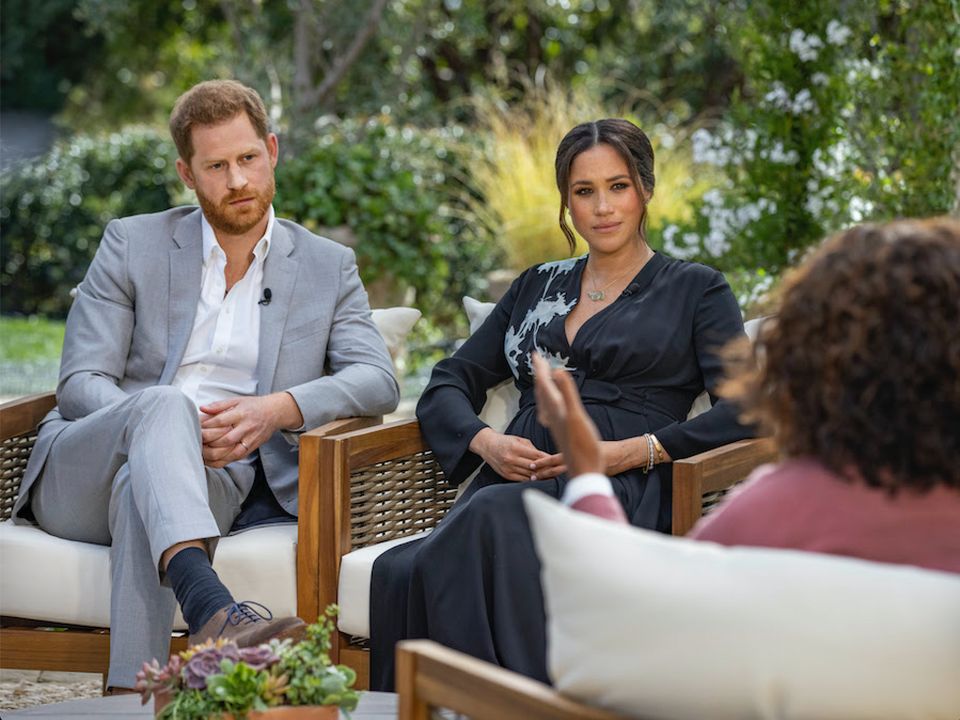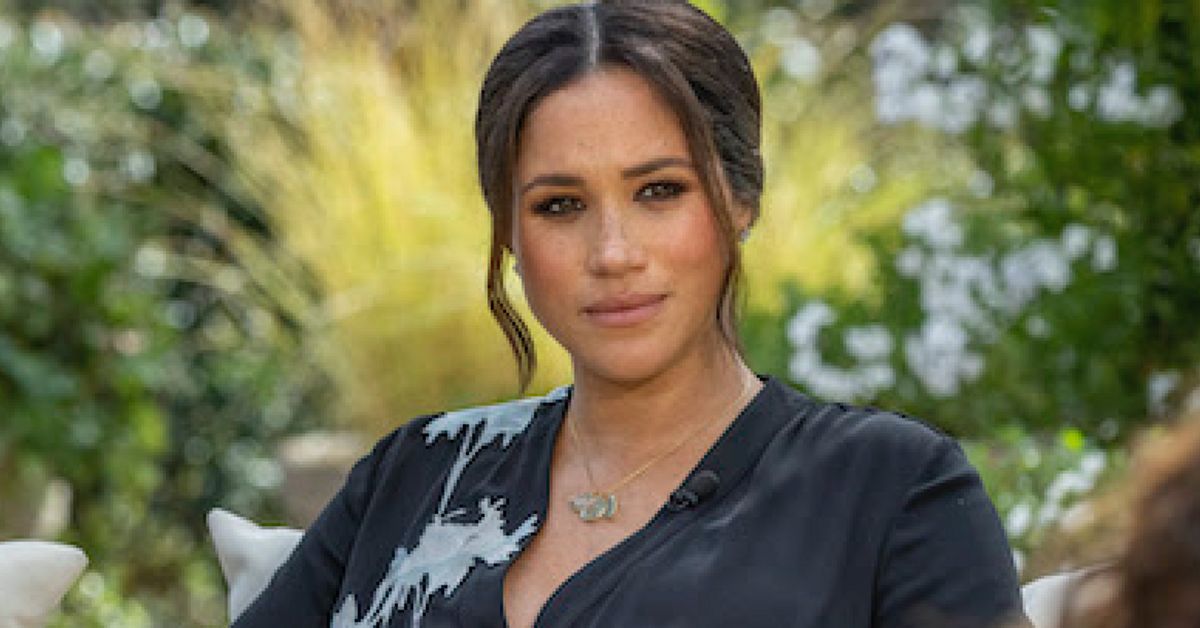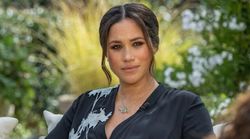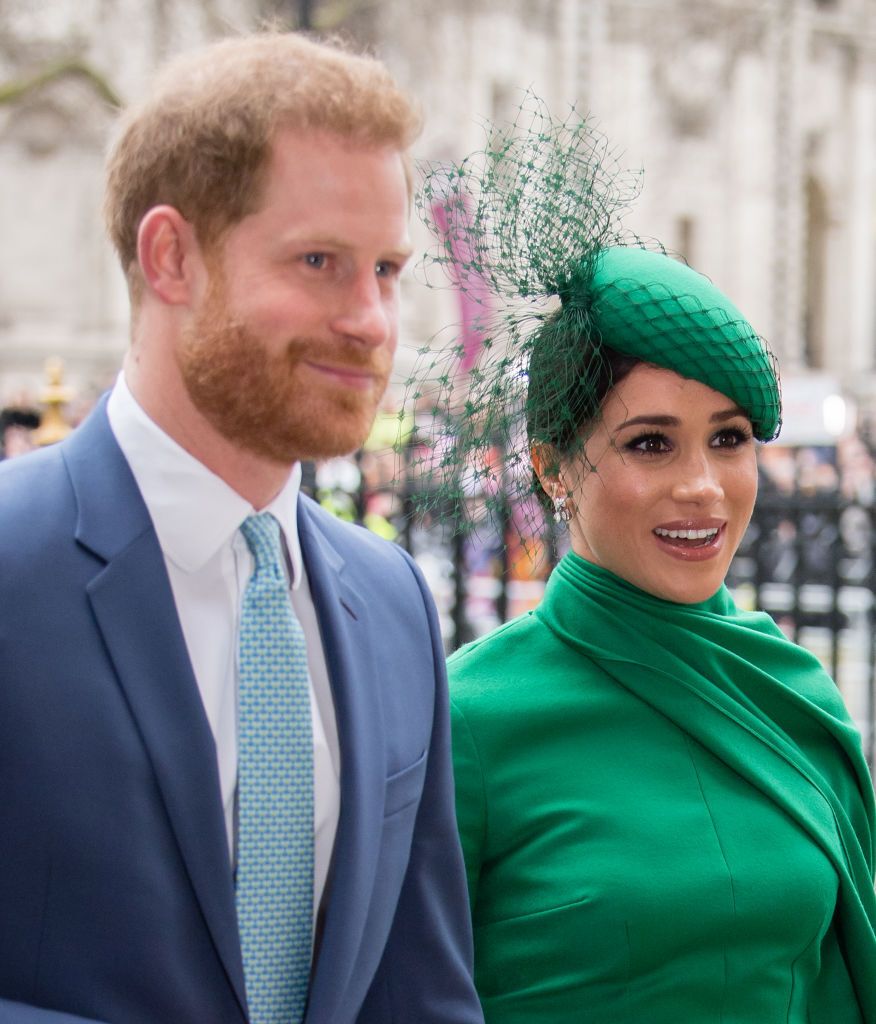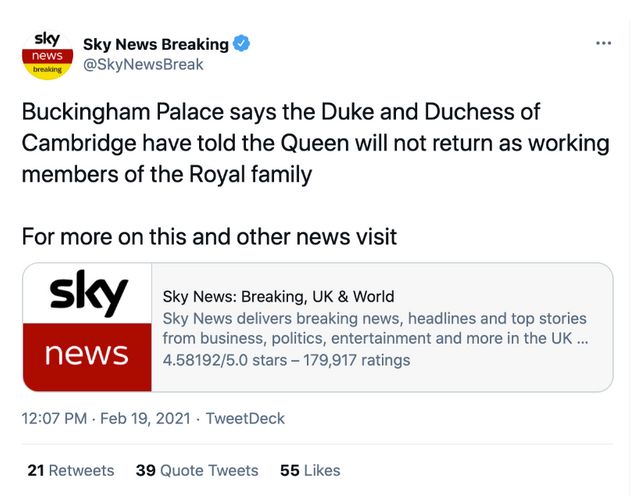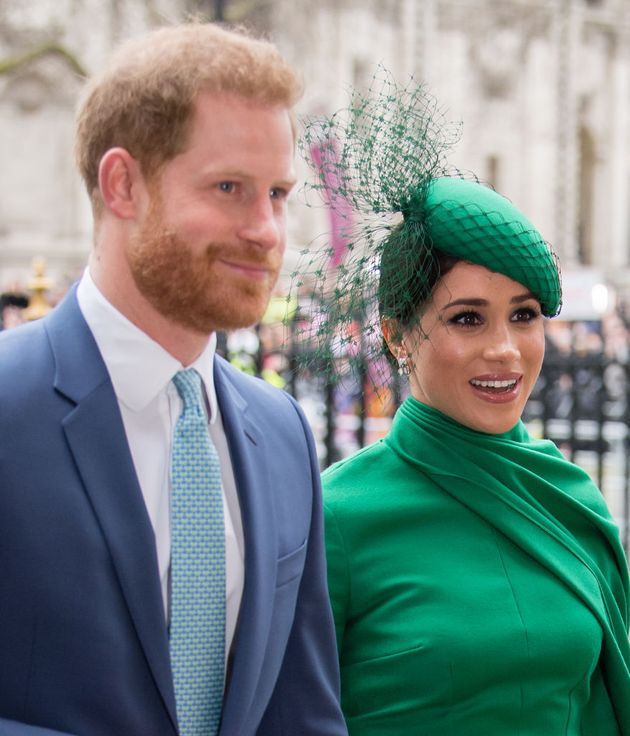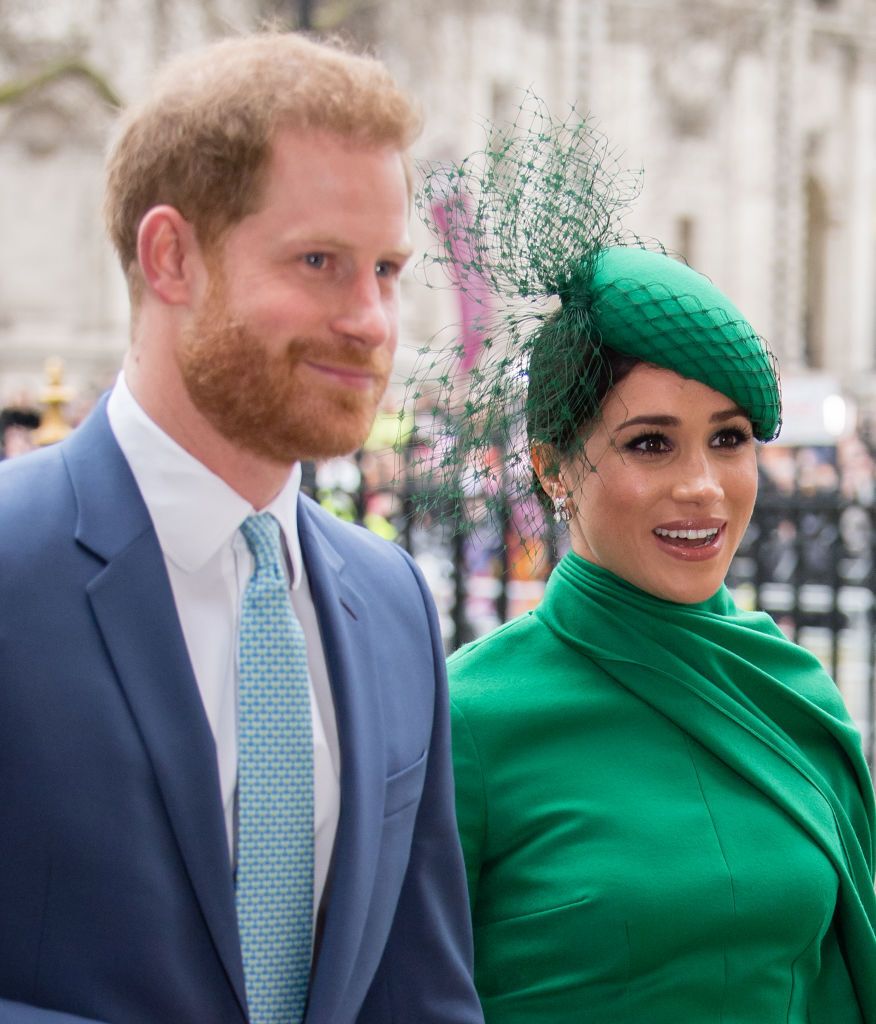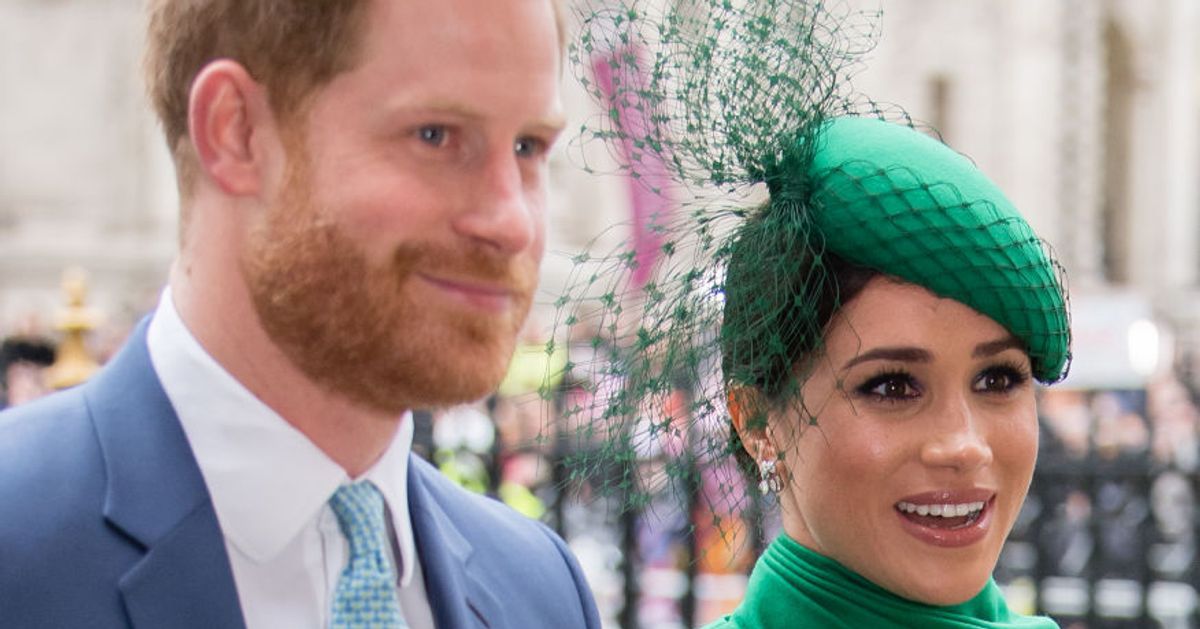Award-winning journalist and Loose Women panellist Charlene White has pulled out of hosting the Society of Editors’ National Press Awards following the Society’s widely ridiculed claim that the UK media is “not racist”.
In a statement sent to the SoE’s executive director Ian Murray, seen by HuffPost UK, White cited the much-criticised statement, released on Monday in the wake of Harry and Meghan’s interview with Oprah Winfrey.
“Perhaps it’s best for you to look elsewhere for a host for your awards this year,” she said.
“Perhaps someone whose views align with yours: that the UK press is the one institution in the entire country who has a perfect record on race.”
The first Black woman to present the ITV News At Ten, White worked in several senior broadcasting roles at the BBC before joining ITN in 2008.
In 2020 she made her debut appearance as a guest presenter on Loose Women, and it was announced in January that she would become a regular in the wake of Andrea McLean’s exit from the show.
The National Press Awards, organised by the SoE, are set to take place on March 31, recognising outstanding coverage by journalists in the UK across 2020. Among the shortlisted candidates is HuffPost UK’s own Aasma Day, for her work on “reporting diversity”.
White, who has been involved in the awards as a judge for several years, called out the SoE’s inconsistent approach to racism and representation in the media, writing: “Your organisation approached me to become a judge for its awards and to work alongside you because at that time it was hugely lacking in terms [of] being a fair reflection of the UK population. In other words, the nominations and winners list involved very few non-white journalists.
“This is not an unusual scenario, unfortunately. Over the years several organisations have been held to account for eradicating and ignoring the work of ethnic minority professionals – and women.
“So, you told me you wanted that to change. In fact, we spoke at length about it.
“But here’s the thing. I only work with organisations who practise what they preach. My time is precious, so I’d rather not waste it.”
Murray, in a statement published on Monday, sparked a backlash against the organisation when he claimed: “The UK media has never shied away from holding a spotlight up to those in positions of power, celebrity or influence.
“If sometimes the questions asked are awkward and embarrassing, then so be it, but the press is most certainly not racist.”
His assertion, which he went on to defend in a heated interview with Victoria Derbyshire on Tuesday, was fiercely criticised – not least by members of the SoE’s own board, who said they were “deeply angry” about the way they had been represented.
The SoE represents almost 400 members in senior positions across the UK media, several of whom have now publicly declared their opposition to Murray’s statement.
More than 168 journalists, writers and broadcasters from Black and Asian backgrounds across the media on Tuesday signed an open letter describing the SoE’s position as “laughable” proof of “an institution and an industry in denial”.
In her statement, White said: “Since the Black Lives Matter movement really took hold in the UK last year, every single institution in this country has had to finally look at its failings and its position in terms of how they treat ethnic minorities both inside and outside of its walls.
“But for some unknown reason, you feel as though the UK press is exempt in that discussion. I could list the many many studies that have been done on this, or I could quote facts and figures regarding the correlation between the lack of diversity in newsrooms and the way stories are covered.
“But I’m not your personal Google.
“What I am is a Black woman who has consistently stood up for what she believes in, irrespective of the impact it would have on my career.”
The SoE has since added a clarification to its original statement, rowing back only slightly on Murray’s claim that the UK press is “not bigoted”.
The addition reads: “The Society of Editors has a proud history of campaigning for freedom of speech and the vital work that journalists do in a democracy to hold power to account.
“Our statement on Meghan and Harry was made in that spirit but did not reflect what we all know: that there is a lot of work to be done in the media to improve diversity and inclusion.
“We will reflect on the reaction our statement prompted and work towards being part of the solution.”

